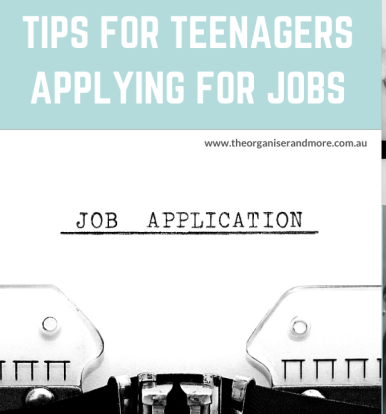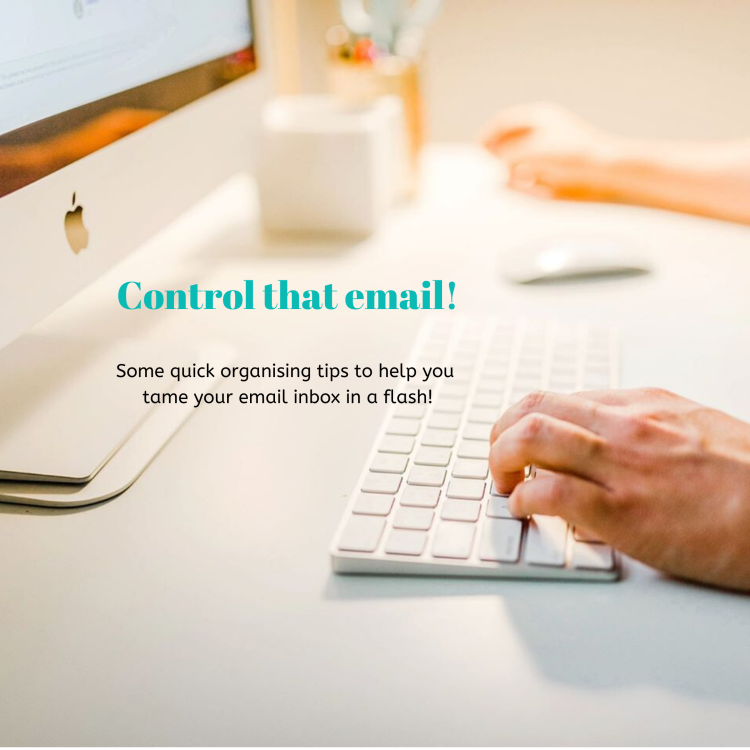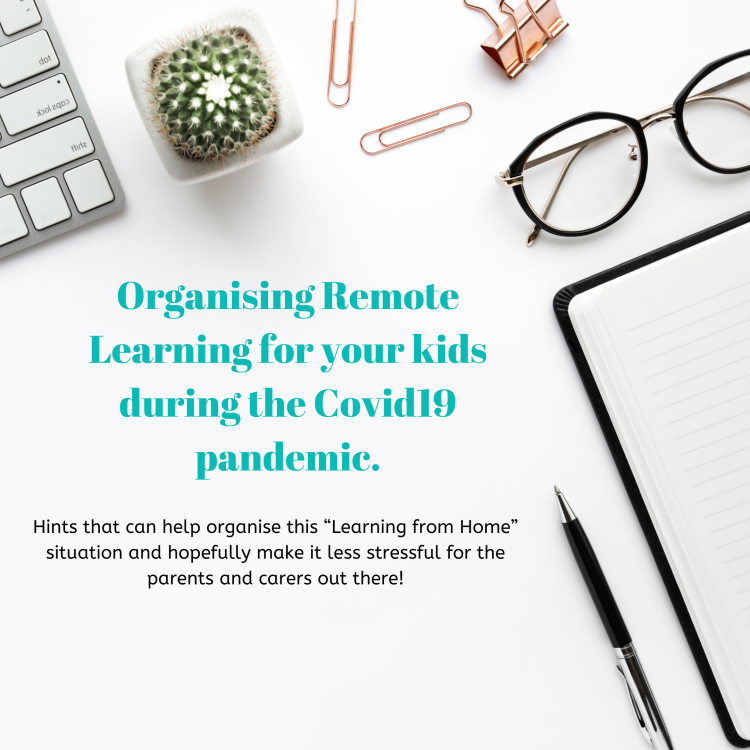I’ve had a number of clients recently that are teenagers still in school, looking to get their resume completed and lodging job applications. I know that applying for jobs when you are a teenager can be very daunting, but there are some common points that can really help to make a good first impression with your resume or job application, and things to avoid so the application is less likely to get tossed aside!
During my corporate career I have looked over hundreds and hundreds (actually, probably thousands) of job applications in the agency I worked for, where people applied for roles at different short term events by completing a standardised form. And even when people were asked to answer questions in this standardised format, as opposed to sending a specific resume, there were some very distinct differences between those that didn’t go any further, and those that were offered these event specific jobs.
So regardless of if you are completing a traditional resume or job application, or applying for jobs in a specific format like an online form, here are my top tips that can help your resume or application stand out from others!
1. GRAMMAR & PUNCTUATION
There is NOTHING worse than reading an application that has sloppy grammar or punctuation – in many cases it means the application or resume doesn’t even make sense. So make sure the content of your resume or application uses the correct grammar and punctuation!
2. CORRECTLY LODGING
If there is a specific job that is being advertised say on facebook, where it asks for people to email applications, then makes sure you aren’t DMing the business about the job! If you have specific questions, CALL the business and make an enquiry before emailing the application in. This can also show to the business owner you are someone who is able to communicate verbally (something that is really lacking in many job applicant skills sets these days!).
3. GET YOUR EMAIL RIGHT – A
Don’t use a stupid email address when formally communicating with a potential employer!
Basically, if you have an email address that uses anything that isn’t your name is not going to cut it (I’m looking at all the Tiger King variations out there….).
Emails are a dime a dozen, so get in the professional mindset and create a new email that looks the part using your actual name. You can add a number if you need, but make it relevant. For example: tony.will91@gmail.com
4. GET YOUR EMAIL RIGHT – B
When you write your email, think of it as writing a letter and NOT as a text!
Tips for writing a good email:
- Have a specific subject line (and for goodness sake, don’t type the whole flippin email in the subject line!!)
An example of a bad subject line: hi Im wanting toenquireabout the apprenticejob that you put on facebooktheother day and I want toapply for it
An example of a good subject line: Apprenticeship enquiry
- Use an appropriate salutation. If you know the person, you can type something like Dear Tony or Dear Mr Williams. If you don’t know the person who you need to send the email, and haven’t been able to find it out (tip: this is a good lead in on calling the business and asking some questions about the job), it’s acceptable to commence an email with To Whom It May Concern, Dear Sir/Madam, or a simple RE: Apprenticeship Position
- Use structure in the email, making sure you use appropriate capitalisation and correct punctuation.
A bad email body:
Hey there
i am writing about the job that was advertised on your facebook page Im really interested and want to apply see my application attached
thx Sasha
A good email body:
Dear Mr Williams,
I am writing with regard to the role that was advertised on your Facebook page on Tuesday 22nd July.
I am very interested in this position, and have attached my resume and application.
Please do not hesitate to contact me if further information is required.
Kind regards,
Sasha Hendrix
P: 0200852852
E: s.hendrix@email.com
- Include your contact information EVERY TIME! There is nothing worse than having an enquiry email come through, where the person hasn’t put in any contact information in the actual body of the email. An appropriate format is like what I used in the example above.
- Do. Not. Use. EMOJIS!
5. MAKE SURE YOUR RESUME LOOKS THE PART
Writing up your actual resume can be really tricky if you haven’t done one before, so your best bet is to do a google of resume or CV formats and pick one that looks the part. You don’t need to go over the top with multiple fonts or colours – keeping it sleek and uncluttered to make it easy for the person to read is definitely the way to go!
Make sure you include your full contact information. However I generally leave out specific Date of Birth on a resume or CV – this isn’t particularly relevant until you make it through the initial rounds of the application.
And an extra tip – make sure your name and contact number is neatly included on the footer of each page.
6. BUILDING YOUR RESUME
Lots of students struggle in “filling” a resume up, as they may lack specific work experience. However, it is possible to still create a resume that gives a potential employer a great snapshot of your skills.
Include a bit of an “About Me” summary – for example: I have experience in handling cash and EFT transactions / My customer service skills are excellent
If you have worked in jobs before, list the job, the time period and the key tasks you undertook. For example:
The Local Bakery, East St, Yourtown. Employed: June 2019 – present.
Tasks Performed: Customer Service, order taking, money handling (cash & EFTPOS), barista duties, cleaning duties
If you have completed formal work experience through your school, you can use this in your resume (however clearly label it as Work Experience or Work Experience Program).
Where you don’t have employment history or specific work experience, look to other skills you have. Volunteering for community groups, sporting clubs or other organisations is an excellent way to build some skill-sets that people might not normally think to use. For example, if you have volunteered to do boundary umpiring or run water for your local footy club, this shows skill in communicating, taking direction and following procedures.
If you don’t have either employment history or experience in volunteering with community groups or the like – well now is the time to look where you might be able to volunteer to help out in various ways at your school. Speak to your Year Adviser and explain you are looking to add some skills to help build your resume, and they may be able to suggest ways you can volunteer for things at school which you can then use on your resume.
7. REFEREES
Personally, I think people need to have a minimum of two referees who can provide information to an employer about what a person is like. Personal or volunteer role referees are fine if you don’t have any previous work experience.
Just make sure you ask the person before adding them as your referee (don’t assume).
Include the persons name, job title/role, the business/company/organisation, and preferable phone and email contact for them. If they are a personal referee, instead of the job title/role and business/company/organisation, just simply write Personal Referee.
And again, make sure you ask the person to be your referee in an actual phone call or face-to-face. Do NOT ask them to do this in a text!
I get that speaking on the phone or talking to an adult can make people nervous, but this is something that you really need to get over if you are looking for a job! Almost all jobs have a component of interacting with adults or other people, and this is usually face-to-face or via the phone.
Verbally asking someone to be your referee is a great way to practice speaking to a person about a formal matter.
So if talking on the phone or to an adult it is something that makes you nervous, then PRACTICE. Practice on your adult family members, school teachers, basically anyone whom you can carry on an adult conversation with.
8. FILLING IN THE APPLICATION
Do not rush through filling in a job application – 9 times out of 10 an employer can tell when something has just been slapped together! Unless you literally only found out about a job hours before an application is due, then make sure you take the time to put your application together thoroughly. Double check you are answering all the questions correctly, and ALWAYS have another person proof-read it before you lodge it!
So there you go, those are my top tips on resumes and job applications.
And if you own your own business, or have been involved in recruiting before, I would LOVE it if you can please share in the comments any of your own words of wisdom about the things you are looking for when a resume or job application comes across your desk!
You might just provide a young job seeker with the exact boost they need in submitting their own application or resume for the next job they apply for.
Compiling resumes/CV’s and assisting with job applications is a service I offer.





